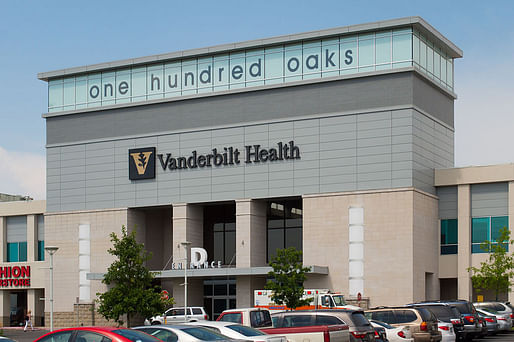

The hulking Hickory Hollow Mall — a full 1.1 million square feet of retail space in southeast Nashville — was once the largest shopping center in Tennessee. But like dozens of malls, it’s been in a downward death spiral for more than a decade — despite a scrappy revival effort. Now, the mammoth complex surrounded by acres of parking is on track to join the ranks of malls making a transition into medicine. — Marketplace.org
According to a national database kept by Georgia Tech urban design professor Ellen Dunham-Jones, a total of 32 enclosed malls have shifted to housing health care services, with nearly a third established at the start of the pandemic. Covid lockdowns had a tremendous impact on brick-and-mortar retailers who were already struggling to stay afloat. As noted by Marketplace.org, the rise of telemedicine and push to outpatient procedures will make malls increasingly attractive sites for healthcare services.
In addition, some disused malls are located in diverse neighborhoods that are in need of increased access to healthcare. Malls can also offer more convenient access compared to traditional hospitals as they’re equipped with large amounts of parking spots and are near major highways and interstates.
No Comments
Block this user
Are you sure you want to block this user and hide all related comments throughout the site?
Archinect
This is your first comment on Archinect. Your comment will be visible once approved.